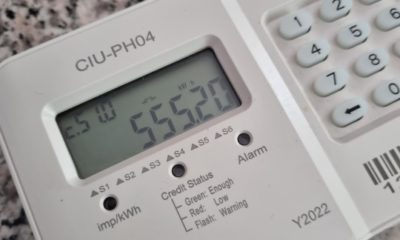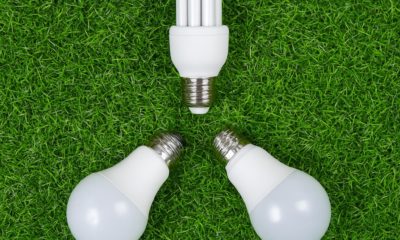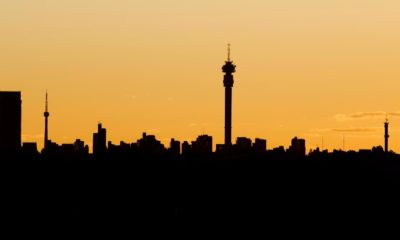Best of Johannesburg
Why You’re Being Billed for Electricity You Didn’t Use; A Genuine Look at SA in 2025

Ever watched your prepaid electricity change dive dramatically… even when you’ve barely flicked a switch? You’re not alone. Around Joburg and the wider country, people are scratching their heads at charges for power they never used. Let’s unpack what’s really going on and why self‑reliance may feel more appealing than ever.
The Story Behind The Shock
First up: that sudden spike in your account isn’t magic; it’s math. In 2025 Eskom rolled out a 12.74% average tariff increase, effective from 1 April, with municipalities following on 1 July at 11.32%.
But the real twist isn’t the increase; it’s how you’re being billed. Gone is the system that favoured lower‑usage households; the beloved Inclining Block Tariffs (IBT), which charged less for your first units and more as you used more, have been scrapped. Instead, South Africans now face a flat rate and substantially higher fixed charges.
For residents on HomePower or HomeFlex, that means fixed monthly costs have ballooned; one estimate cites an 88% hike. That’s why households barely using any electricity are sometimes seeing bigger bill increases than high‑usage households; efficiency no longer pays, apparently.
Why That Matters Locally
It feels unfair, doesn’t it? Lots of folks in Jozi, especially pensioners or environmentally conscious households reducing usage, are paying more than before, yet consuming less. One real story on a forum described a low‑usage home’s bill jumping by 30%, not because usage rose, but because fixed charges did.
Meanwhile, folks using a lot of power, maybe for home breakers or small businesses, see their per‑unit cost ease. The more you use, the “cheaper” it becomes. That’s a flip‑flop in policy we didn’t see coming.
The Optional Lifeline: Free Basic Electricity (FBE)
South Africa provides a small relief for qualifying low‑income households: Free Basic Electricity. Typically around 50 kWh per month, credited to prepaid meters of indigent households.
Yet whispers around town remind us: roll‑over freebies? Not a chance. Unused units vanish. And eligibility is tangled in municipal policies, registration, income proof, and meter status, all of which vary.
The silver lining? Plans are afoot to bump that free allocation to 150–200 kWh/month after the mid‑2025 budget announcements. Still, uptake and awareness remain patchy.
Why This Could Push You Off‑Grid
With the shift to fixed-cost billing, reliability woes, and high bills, some residents are quietly asking: why stay tied to the grid?
Rural farmers and retirement estates, already grappling with loadshedding and inconsistent voltage, are weighing options like solar plus batteries. Simple math shows that investing in off-grid backup can pay for itself when the fixed monthly cost of grid access keeps going up.
Urban township households, too, are deprived, not just of affordable power, but of trust. When service remains sketchy and bills rise, the logic of relying on yourself starts to make sense.
A Little Historical Context
The energy sector has been in flux for years. In late 2024, Eskom reported heavy losses tied to corporate restructuring but predicted a profit for the year ending March 2025. Despite better performance, tariffs remain sharply increased to recoup costs. The move away from IBTs reflects a wider shift, a psychological and financial one, in how we experience our electricity.
What You Can Do
-
Track your usage: Compare bills month‑on‑month, noting unused free units.
-
Apply, or reapply, for FBE: Check with your municipality or Eskom if you’re eligible.
-
Prepare for fixed charges: Plan your usage with the knowledge that those charges won’t budge.
-
Think longer‑term: Even small investments in energy‑saving lighting or a basic UPS (uninterrupted power source) can stretch your budget.
-
Talk back: Write a complaint letter if something doesn’t add up. Keep records. Stay involved.
Also read: The Complete Guide to Tenant Evictions in South Africa (2025): Rights, Timelines & How to Protect Yourself
Follow Joburg ETC on Facebook, Twitter, TikTok and Instagram
For more News in Johannesburg, visit joburgetc.com
Featured Image: USA Today


























